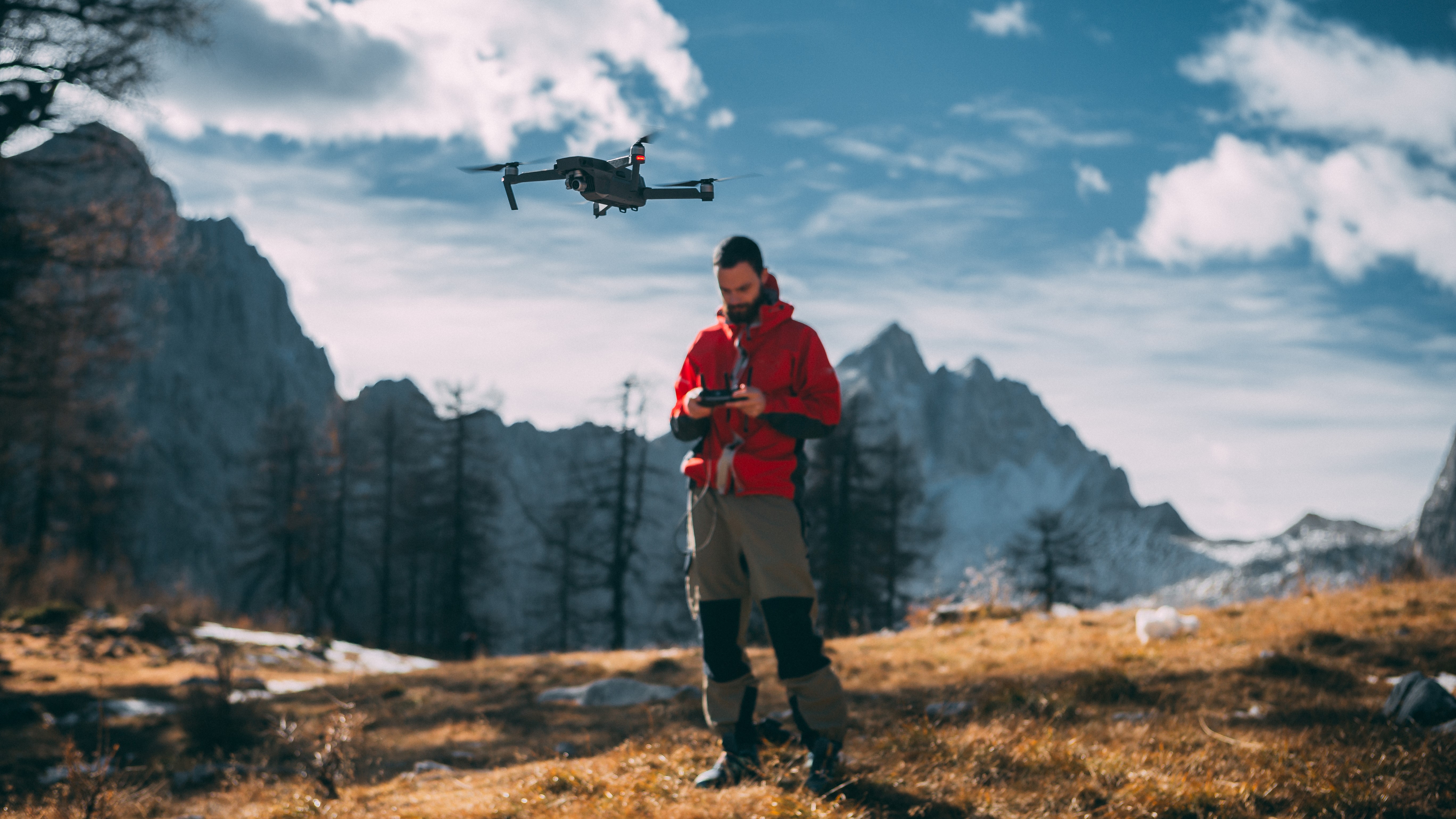
Mountain rescue teams have employed drones to help them search large areas for missing hikers for several years, and now new research is looking into whether adding AI technology could further cut down on search times.
Hikers go missing all the time in the backcountry and the massive areas where they disappear present a challenge for search teams – efforts to find a trail runner who went missing in Rocky Mountain National Park last October were called off after two weeks.
A paper describing the AI-based drone system was submitted to Cornell University's arXiv open access server last week by three Glasgow University engineers. Pointing out that traditional search and rescue methods such as those carried out on foot and by helicopter can be time-consuming and have limited coverage in wilderness areas, the authors note that while drones already provide a faster and more versatile search method. However, optimizing their search paths is key to cutting down on precious time and resources.
The engineers used "deep reinforcement" – teaching the machine to make decisions based on trial and error – to maximize the probability of finding missing subjects by entering data about previous missing hikers such as what paths they took and where they were found as well as details such as age and reasons for hiking in the first place.

By entering the data millions of times, AI was able to predict the most likely paths a simulated lost hiker would take. In a real-life scenario, the engineers propose that the drones would then be sent out to search that specific area and could locate missing hikers much faster.
"In comparing their methods to other algorithms, the researchers conclude that deep reinforcement outperforms other algorithms by over 160%, a difference that can mean life or death in real-world search operations," write the authors.
It's important to note that materials on arXiv are not peer-reviews, but if such a technology was ultimately employed by search and rescue teams, it could cut down on the manpower and cost involved in rescue missions, and finding injured or sick hikers sooner increases their chances of survival.
Ultimately, however, it's crucial that hikers in the backcountry set off prepared with the 10 essentials, carrying safety tools such as a satellite communicator and an emergency blanket.







